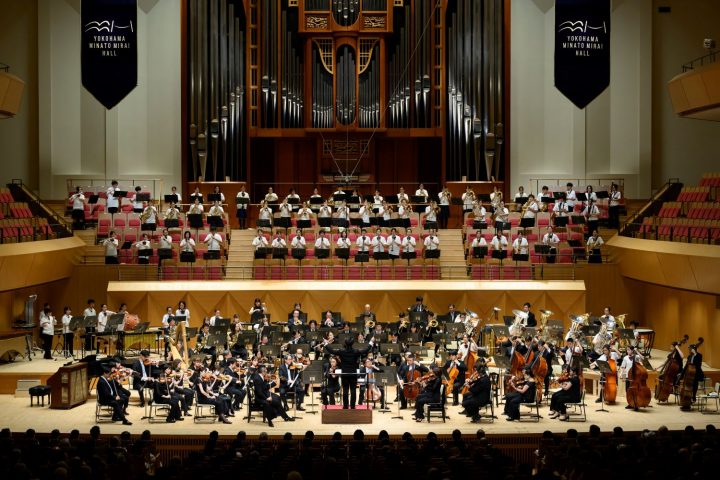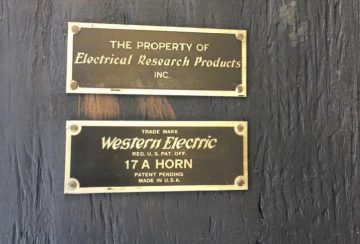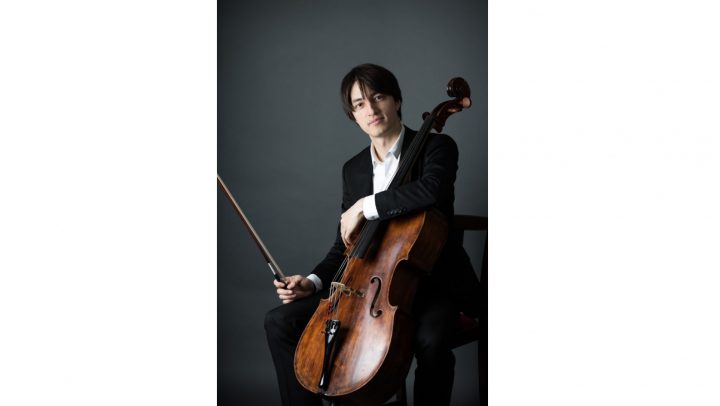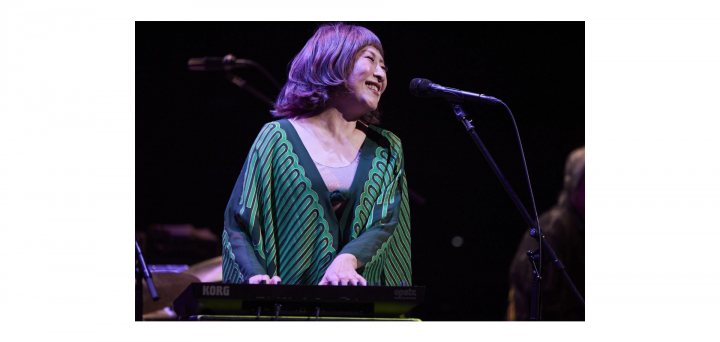Noge Morning, Coffee, and Bill Evans
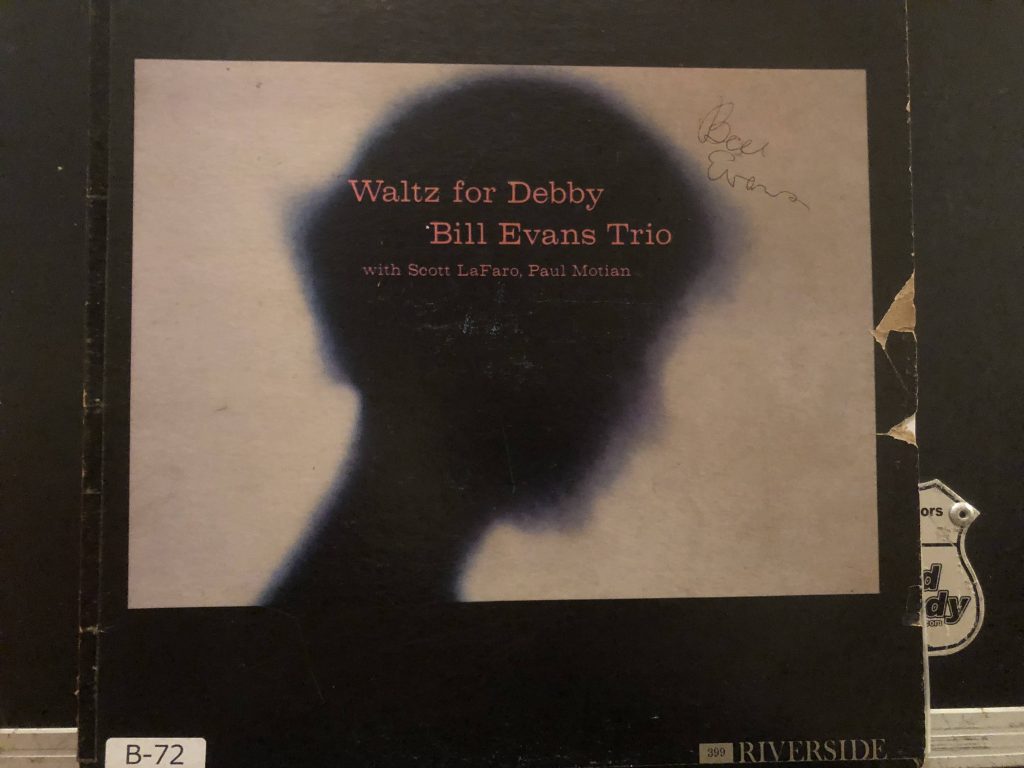
Immerse yourself in jazz tonight
File.4 Bill Evans "Waltz for Debby"
(Mayuko Niimura/Jazz Cafe Chigusa)
Chigusa's cafe opens at 12 noon. Although preparations for opening can be completed right at the beginning of the afternoon, sometimes I go there early in the morning because I want the cafe all to myself.
It's gotten so cold recently that mornings in Noge smell like winter. The downtown area is cool and quiet, with few people on the streets, as if last night's heat was a lie. Looking at the piles of empty sake bottles and towels waiting to be collected on the street, I mutter to myself while brewing coffee with a siphon, "I guess last night was a great night of drunkenness." The sound of the coffee rising into the glass funnel and bubbling is soothing, so I don't play a record yet. When the siphon settles down and the aroma of coffee spreads throughout the store, I turn on the audio system.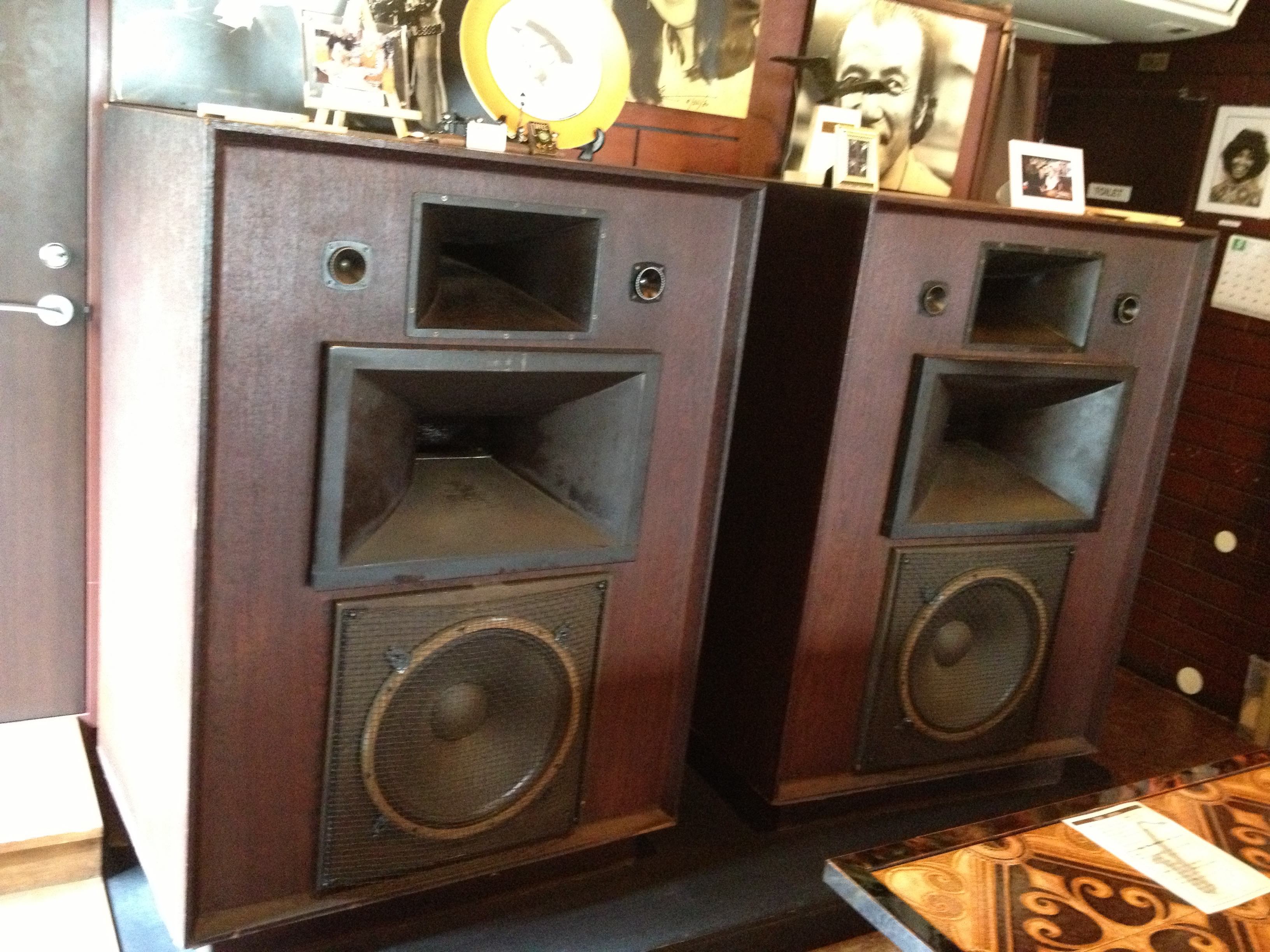 *An extra-large speaker installed inside the Chigusa store
*An extra-large speaker installed inside the Chigusa store
The first record he would play was always one with a piano as the main instrument. Mamoru Yoshida "Oyaji" loved the piano, especially Bill Evans' "Waltz for Debby."
Chigusa's large speakers are designed to make the piano trio's sound clear. The emotional and delicate tone of the piano, especially the high notes, resonate beautifully, and the tweeters are in high spirits. Believing that the sound is good today, I push the 50-year-old speakers, saying, "Yeah, that sounds good!" When I listen to this song, I suddenly remember something.
When I was a student in the early 2000s, the number of jazz cafes had already decreased, and there was no "momentum of the 60s and 70s" that I had heard about from people. However, there were still a few cafes that stubbornly played jazz at high volume in their cave-like stores. I myself did not know the heyday of jazz cafes, but I thought that the underground atmosphere that ignored commercialism was "cool!" and frequented jazz cafes in Shibuya, Shinjuku, Jimbocho, etc. that continued to operate without changing their unique style. At first, I didn't really understand the rules, and there were no song requests... Looking back, I'm amazed that I was able to open my doors with such a level of difficulty.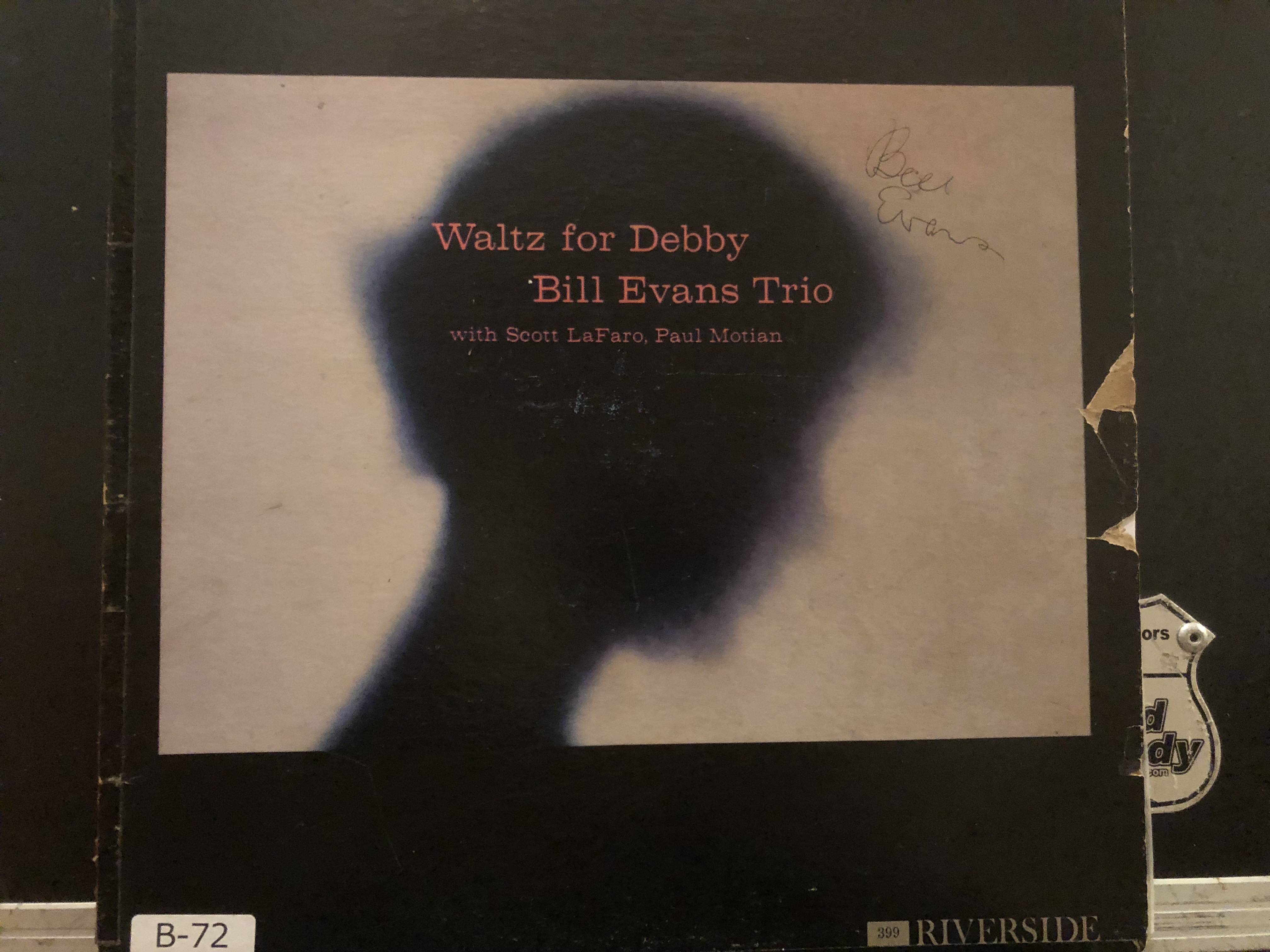
The first successful request was at JAZZ@GROOVE in Dogenzaka, Shibuya. It was a store that played music at high volume on Altec speakers. The record was Bill Evans' "Waltz for Debbie." It was recorded when Bill Evans First Trio performed live at the Village Vanguard in New York in 1961.
Incidentally, Evans participated in Miles Davis' "Kind of Blue" (released in 1959). It is the best-selling album in jazz history and is a legendary album that established a new performance technique called modal jazz. "Waltz for Debby" was recorded two years later as his first trio album, and it is considered a masterpiece in jazz history, so much so that it won first place in Swing Journal's Best 100.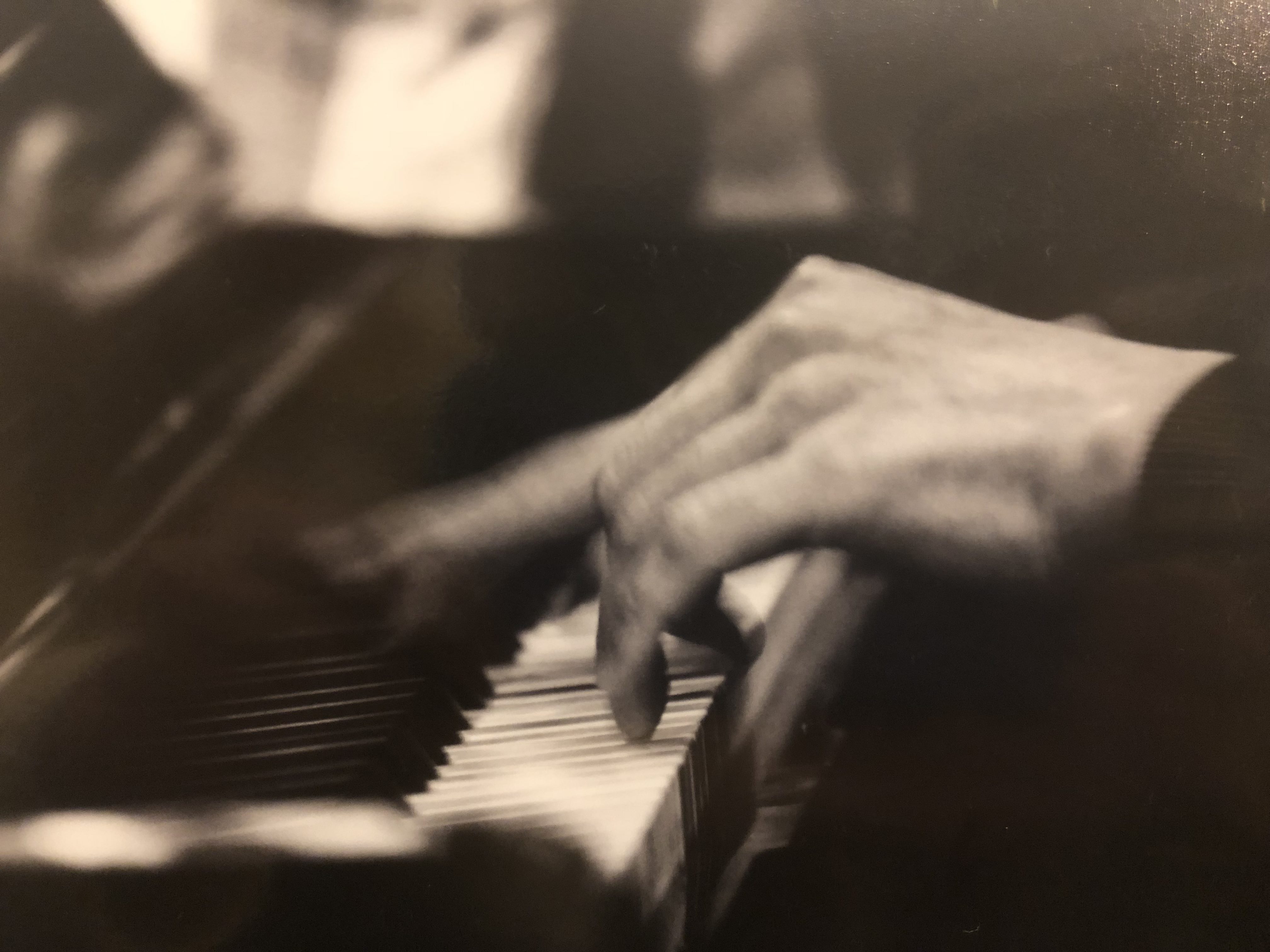
So, what would it be like to listen to such a masterpiece at high volume? I requested it with high expectations, but I was honestly a little confused by the intense sound that hit me all over. The album has a cold impression with high-pitched melodies throughout, and the already tense sound made the atmosphere in the store even more tense. I had no choice but to listen to it with my brows furrowed, pretending to be polite like the others.
However, the wrinkles on my brow were lifted a little by the second song, "Waltz for Debbie," which is also the title of the album. This song was written to celebrate my niece Debbie's third birthday, and its clear, beautiful sound, like droplets of water bouncing on the surface of the water, is fun and beautiful. I imagined a scene of an adorable three-year-old girl dancing innocently to a waltz written by her uncle, and it lightened my heart a little.
There were three songs on one side, and the total time was about 20 minutes, but with the tension caused by the first request, the cold melody of the loud piano, and then the brief relaxation...it felt very long.
Before I knew it, I stopped going to jazz cafes, and JAZZ@GROOVE closed down. I was so busy that I got used to cafes that served delicious coffee quickly, and I no longer had time to enjoy the music at jazz cafes. But life is interesting, and before I knew it, I ended up in Noge, working as a staff member at Chigusa. I never dreamed that the day would come when I would be behind the counter of a long-established jazz cafe.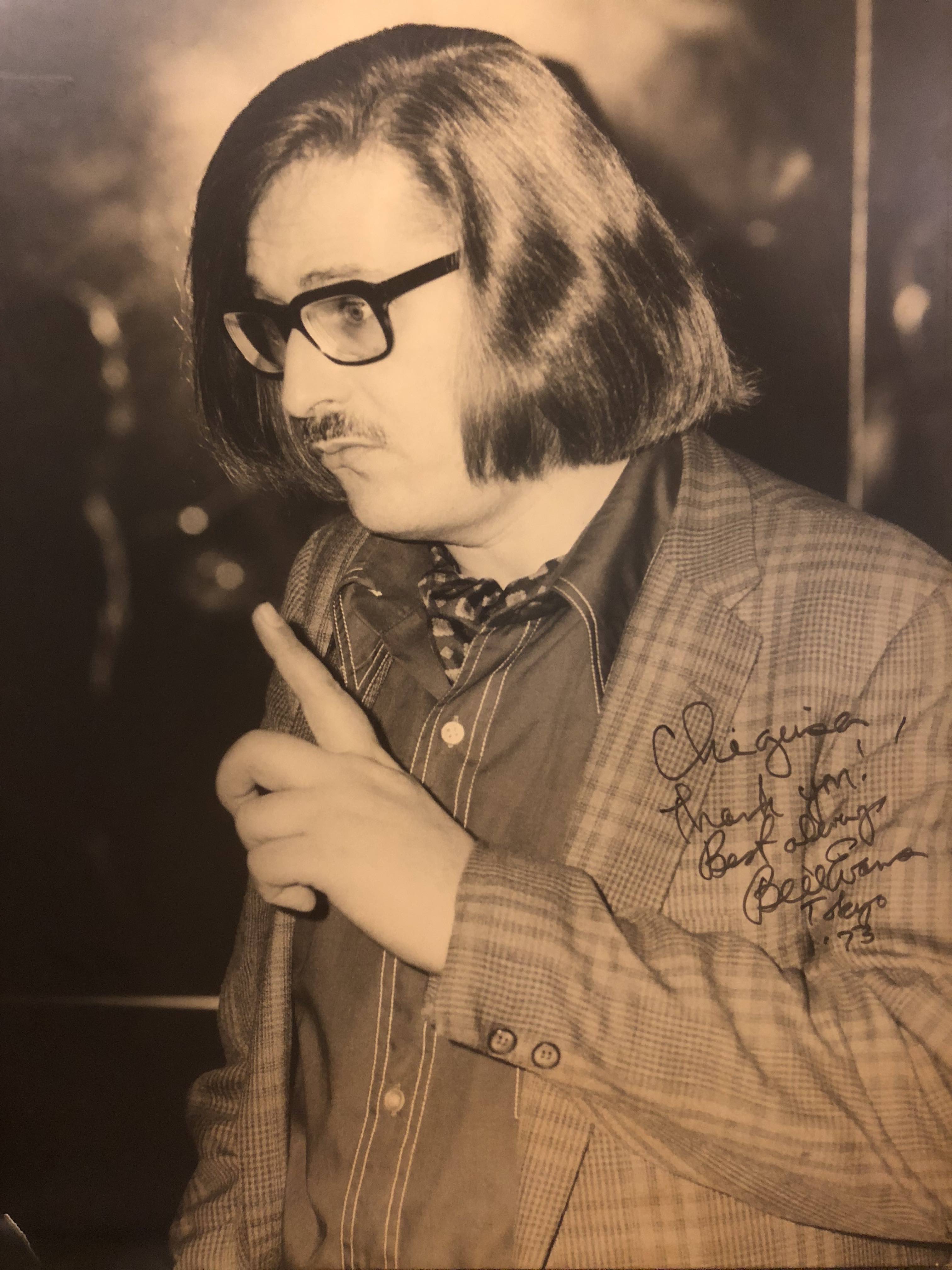
*Evans' autographed portrait
I came to Chigusa a little earlier than usual and listened to "Waltz for Debby." The song that once seemed cold to me now sounds warm and affectionate, inspiring the sound equipment that is Chigusa's biggest earner. However, although I wouldn't call it traumatic, I feel a little tense when I hear the opening. Although not as tense as I used to be when I used to go to jazz cafes.
As I reminisce about this and that, the morning in Noge passes slowly. It's almost time for the store to open and for the regular customers to arrive.
